---------------------------------------------------------
Sweet little wiggly noses, cute puffball tails, soft silky ears – there are so many reasons to love rabbits! Some backyard farmers are hesitant to add rabbits to their little farm because they don’t raise animals for meat. Rabbits are so much more than a source of rapidly reproducing meat!
I don’t keep my rabbits for meat. We started with Angora rabbits – usually raised for their gorgeous, long, silky fur prized by spinners and crafters. I had grand plans of spinning fiber and knitting all kinds of creations. I got a spinning wheel. I had bags and bags of Angora fiber I “harvested” over the years. After about 5 years I had to be honest with myself, I just didn’t have time to practice spinning. Once the last of our Angoras passed away, we were already hooked on keeping rabbits. We switched to Lionhead rabbits – super cute and fluffy but with a lot less fur to groom.
So if I’m no longer keeping rabbits for fiber, and I don’t eat them – why am I keeping rabbits on my farm? Aside from being adorable and gentle companion animals, they are amazing garden helpers. They might not be helping pull weeds or reminding me to turn on the sprinklers, but they have done more for my soil fertility than even my chickens!
If you are looking for an organic way to build soil health and improve the structure of your soil, you can’t do much better than rabbit manure. Rabbits are also a super easy addition to make on any backyard farm. They are small, don’t require a ton of space, and are quiet – making them the ideal animal for any suburban or urban farm. Click here to learn about basic rabbit care
Rabbit manure is the superior choice for the backyard farmer for several reasons
Rabbit poop is dry & odorless
I love my chickens and ducks but they stink!
No composting required
Rabbit manure is “cold” manure, which means you do not have to compost it before you use it. Most animal manure is “hot” and if applied without composting will burn tender seedlings and plants.
Excellent NPK values!
In fertilizer speak, these are the big three elements you want for healthy, strong plants; N (nitrogen), P (phosphorus), and K (potassium). Nitrogen grows healthy green leaves & strong plants. Phosphorus helps big blooms, fruit, & strong roots. Potassium helps with fruit quality & disease resistance. Rabbit manure’s NPK values are N 2.4, P 1.4, and K 0.6. Compare that to chicken manure’s values of N 1.1, P 0.8, and K 0.5, and you can see rabbits have them beat! Click here to learn about testing your soil
Time-release pellets
Rabbit poop comes in these convenient little dry, powerhouse pellets. When you apply these pellets to your garden, they break down in the soil, seeping nutrients into your plants the whole time! While breaking down, they are also helping to improve the structure and stability of the soil.
Red wiggler worms LOVE rabbit manure!
Red wigglers are composting superstars and are the preferred worm of vermicomposters everywhere. I have so many red wigglers in my compost bin that even with the chickens regularly digging them out and eating them I have TONS. I have my rabbits to thank for that!
Rabbit manure can be used year-round
It’s great for giving your garden a nitrogen boost in the spring for seedlings, for side-dressing plants in the summer, and for adding nutrients back into your soil after a prosperous growing season.
It’s free and plentiful!
Rabbits poop. A lot. It’s totally normal and healthy for each bunny to produce 100 or more pellets a day! Even with just a pair of bunnies, all that poop really adds up and can keep your garden green and lush.
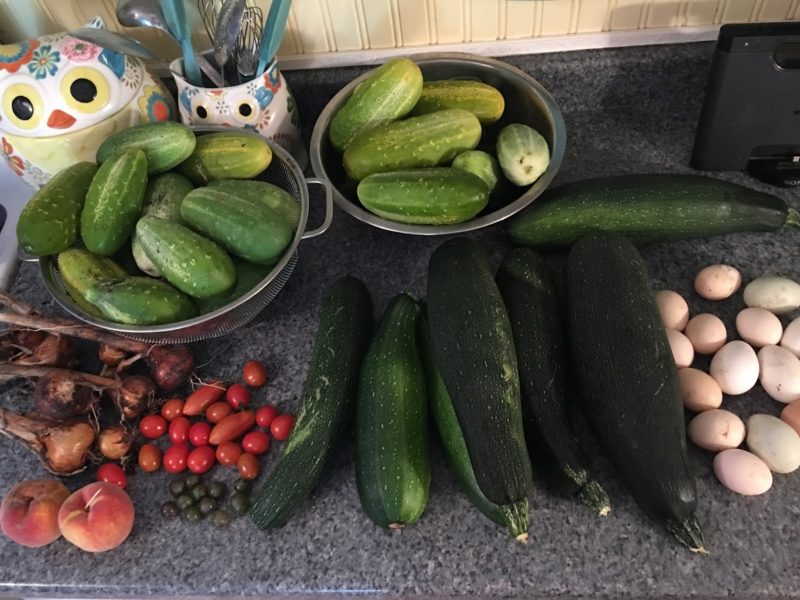
How to use rabbit manure in your garden
Straight from the rabbit
You can literally take the dry pellets and sprinkle them right in the soil. Rabbit urine & urine-soaked litter needs to be composted, but the dry fecal pellets can be used right away. Pop a few in the hole when transplanting plants into the garden, side-dress currently growing plants, or work them into the top few inches of an empty bed before or after planting season.
Compost
Does the thought of putting fresh manure in your garden make you feel uneasy? No worries, rabbit manure is great in the compost bin too. Add equal amounts of dry shavings/leaves and manure. Mix with a pitchfork occasionally and keep the pile moist to encourage everything to break down. Click here to learn more about composting
Rabbit manure tea
Manure tea is an awesome organic, liquid fertilizer that seedlings and young plants love! Click here to read about making compost tea. The process is simple, you put the manure into a bag and let it seep into a bucket of water. As the manure dissolves, the water becomes dense with plant-loving nutrition!
Purchased rabbit manure
If you can’t keep rabbits, you can still benefit from rabbit manure. You can buy it prepackaged in garden centers or from rabbit farmers. You might also be able to get some for free or cheap if you have a friend with a rabbit who doesn’t garden, or from your local animal shelter.
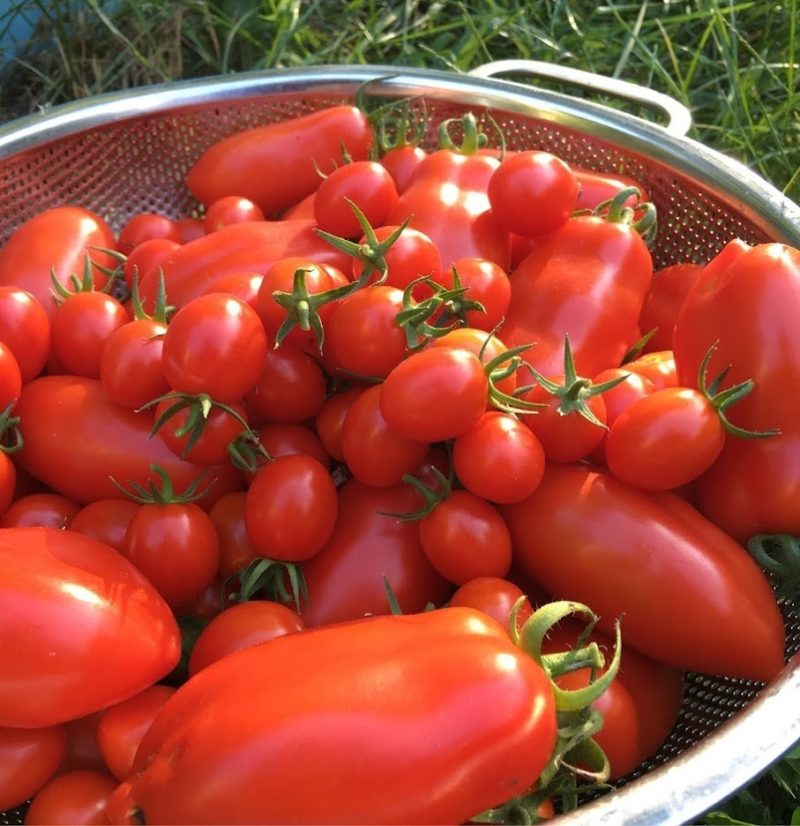
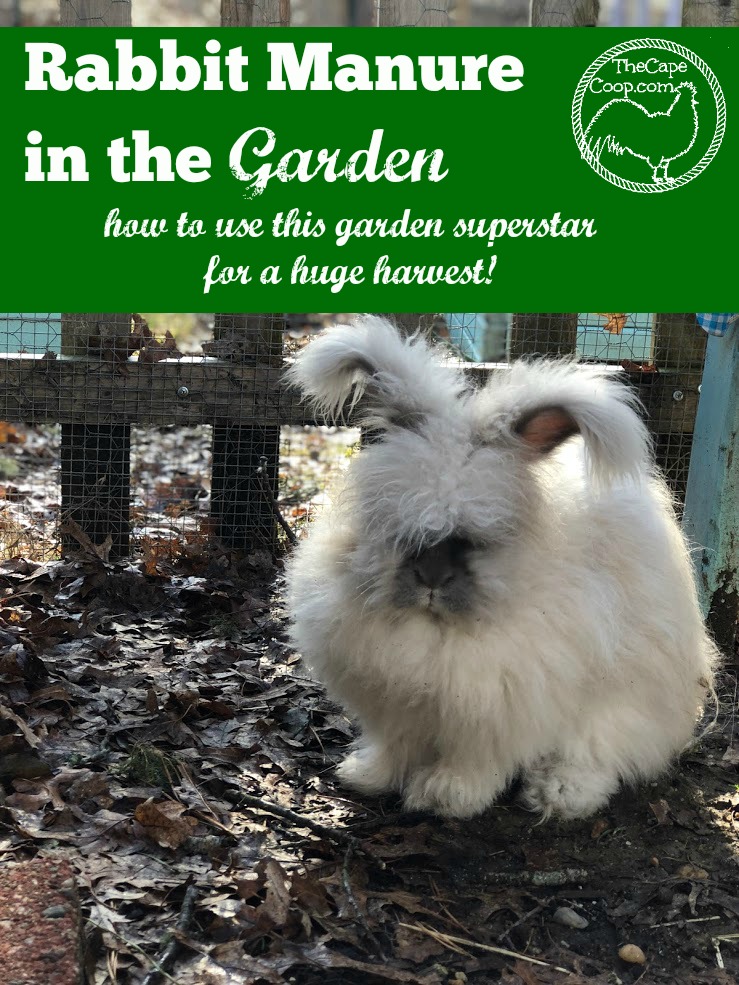
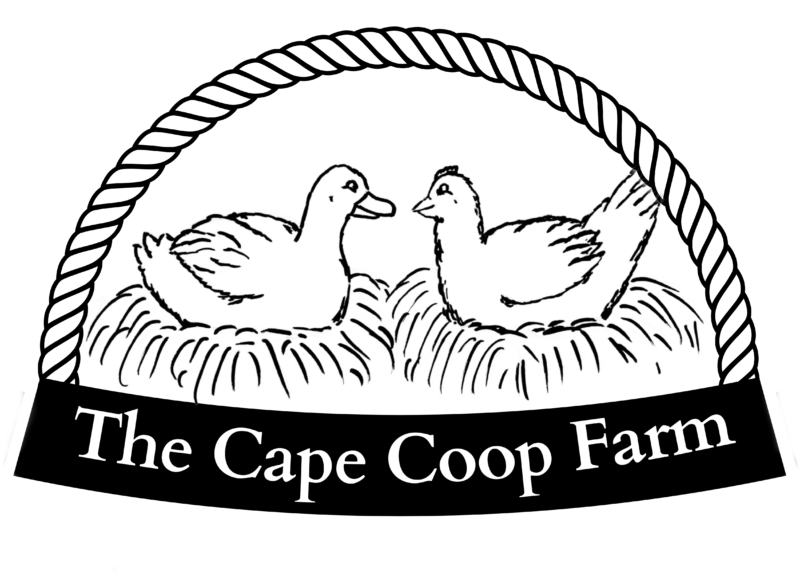
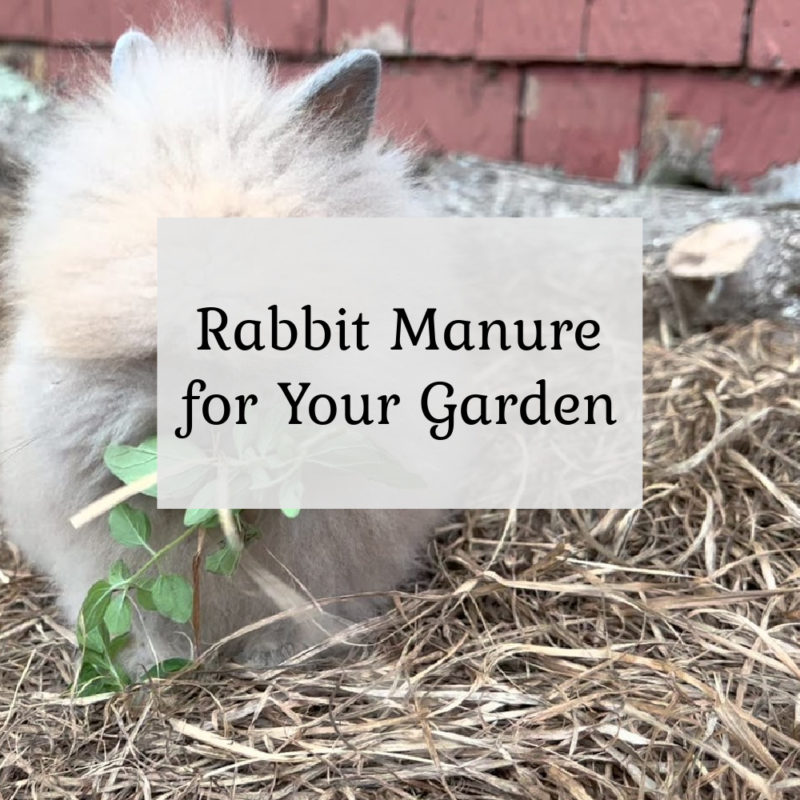


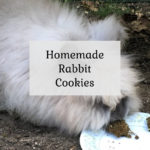
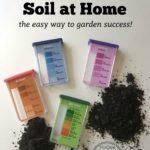
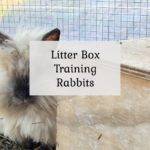
Lisa
Tuesday 19th of September 2023
Thank you for your informative article! My bunny and my bunnies before him are my kids. I've had all dwarf bunnies and they are all like little quiet sweet dogs, so affectionate. Anyhow, he has a large poopy pan with paper shavings and hay. I just got into gardening and so I've been saving the entire contents of his poopy pan to put in my compost bin. I just bought a small raised bed though and I was wondering if i saved a couple weeks worth of his bedding if you think I could layer the entire bottom of the raised bed with it then put some organic potting mix on top then plant on the top of that? I don't have alot of dead leaves, twigs or grass to put on the bottom as I'm container planting right now and trying to save some money rather than buying lots of soil.
Liz
Thursday 21st of September 2023
Yes you can definitely do that! I usually dump my rabbit's litter box into the compost and let it break down. The poops you can use fresh, but urine soaked litter could pose a problem for plants if you use too much. But layering it at the bottom of a container topped off with potting mix will be fine (you could even mix the potting mix and litter together if you want). Paper shavings and pine shavings will breakdown very quickly, but hay can take longer to fully break down
Dorinel Notos
Sunday 13th of February 2022
Great article! I'm planning on getting a couple of medium size rabbits as pets and it's great to know you can also use their poop in the garden! According to this calculator https://bunnyhorde.com/rabbit-poop-calculator/, two medium-sized rabbits can produce up to a kilo of poop per day. I'm going to save a ton of money on fertilizers!
Liz
Monday 14th of February 2022
They definitely produce plenty of poop - and your garden will love it!
silverbill
Tuesday 16th of October 2018
Raising rabbits for 38 years, We still think it is the best meat to put on the table. We have our milk cow, a few beef ,chickens and a few hogs. We raise all our own food, can freeze, do our own smoking ect. Super markets are for *&(^%$# people What we need we purchase wholesale . Rabbits are more important than cats-dogs. Thank you :: silverbill
Sally Ong
Tuesday 31st of March 2020
how do you prepare them as meat? break its neck?